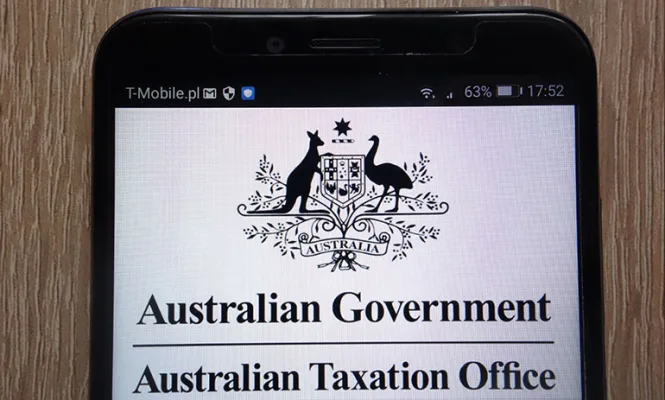As the end of the financial year approaches, it’s crucial to consider opportunities that can enhance your financial well-being. One such opportunity in Australia is making contributions to your own superannuation fund before 30 June. Contributing to your super fund can offer several advantages, including potential tax benefits and securing a stronger retirement nest egg. Here’s why making contributions before the end of the financial year is a smart financial move.

- Maximize Tax Benefits: By contributing to your super fund before 30 June, you may be eligible for valuable tax benefits. Personal contributions made from your after-tax income (also known as non-concessional contributions) can be tax-free up to certain limits. Making additional contributions can help reduce your taxable income, potentially lowering your overall tax liability for the financial year. It’s essential to consider seeking professional advice to understand the specific contribution limits and eligibility criteria.
- Boost Retirement Savings: Superannuation is a long-term investment for your retirement. By making extra contributions before the end of the financial year, you have the opportunity to boost your retirement savings and take advantage of compounding interest over time. These additional contributions, when invested wisely, have the potential to grow significantly over the years, ensuring a more comfortable retirement.
- Take Advantage of Government Initiatives: The Australian government has introduced various initiatives to encourage superannuation contributions. For example, the government co-contribution scheme allows eligible individuals to receive a matching contribution from the government when making after-tax contributions to their super fund. By contributing before 30 June, you increase your chances of qualifying for such schemes and receiving additional funds for your retirement.
- Manage Capital Gains Tax (CGT): If you have made substantial capital gains during the financial year, contributing to your super fund can be an effective strategy to manage your CGT liability. By directing some of the gains into your super fund, you can potentially reduce the taxable component and lower the amount of CGT payable. It’s important to consult with a financial advisor or tax specialist to understand the specific implications and strategies that best suit your circumstances.
- Take Control of Your Financial Future: Contributing to your own super fund demonstrates a proactive approach towards your financial future. By taking advantage of opportunities to boost your retirement savings, you are empowering yourself to have greater control over your financial well-being in the long run. Starting early and consistently contributing to your super fund can make a substantial difference in building a robust financial foundation for your retirement years.
Remember, contributing to your super fund before 30 June requires careful consideration and planning. Assess your financial situation, understand the contribution limits, and seek professional advice to make informed decisions. By taking advantage of the available opportunities and being proactive in managing your superannuation, you can set yourself up for a more secure and comfortable retirement. Start now, contribute wisely, and watch your superannuation grow to support your financial goals in the future. If you need assistance with super or any other taxation question, get in touch today.




